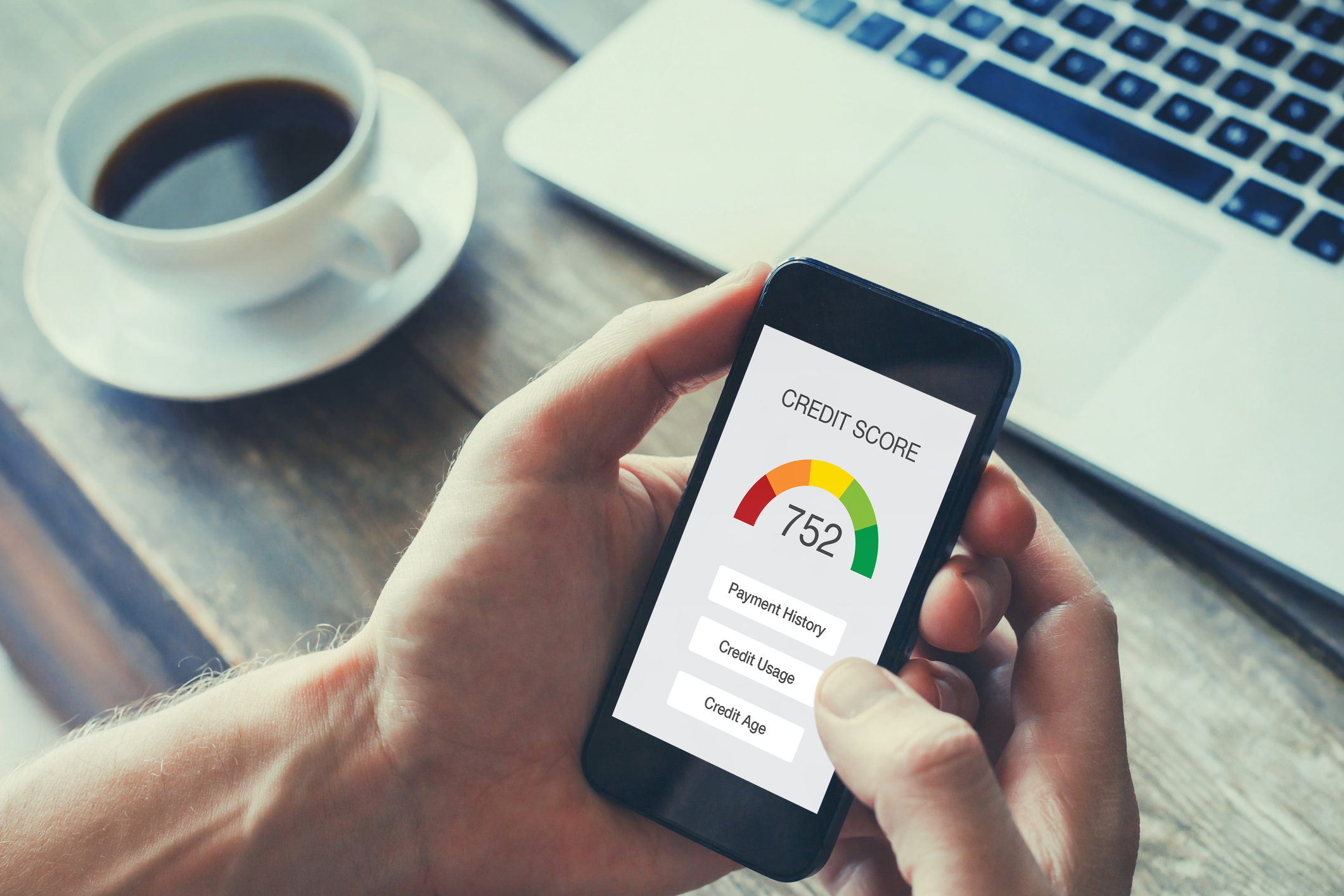As tax season approaches, many individuals may find themselves grappling with the reality of owing money to the Internal Revenue Service (IRS). Whether due to unexpected income sources, insufficient taxes withheld from each paycheck, filing incorrectly, or missed deadlines, tax debt can quickly accumulate. This can often leave individuals feeling overwhelmed and uncertain about how to regain control of their financial situation.
Fortunately, with careful budgeting strategies and proactive measures, you can manage and ultimately pay off tax debt.
This article provides practical tips and guidance to help navigate the challenges of tax debt, from creating a budget and tracking expenses to prioritizing payments and seeking assistance from the IRS when necessary.
What Is Tax Debt?
Tax debt can arise when you fail to pay taxes on time, file returns incorrectly, or withhold too little of your income taxes. Several factors can contribute to this situation:
Not Meeting the Filing Deadline: If you don’t pay your taxes in full by the due date, penalties and interest begin to accrue, making the following year’s tax bill even higher.
Filing Taxes Incorrectly: Submitting returns without proper documentation or claiming incorrectly or not claiming deductions can potentially result in tax debt.
Unexpected Tax Liability: Bonuses or other unanticipated sources of income may not have been appropriately reported, leading to underpayment of taxes and subsequent liabilities.
Changed or Insufficient Withholding: The amount withheld for income taxes by your employer on your behalf might have been too little, resulting in tax debt.
Ignoring IRS Notices: Disregarding notifications from the IRS regarding tax discrepancies or outstanding balances can make the problem worse, with additional penalties and fines compounding the tax debt.
Budgeting Tips to Pay Off Tax Debt
Create a Budget
Understanding how to budget can help make your life easier financially.
Here are two popular budgeting methods to consider:
The 50/20/30 Rule: This approach divides your income into three categories: 50% for essential needs (housing, utilities, groceries), 30% for discretionary wants (entertainment, dining out), and 20% for savings and debt repayment. Adhering to this ratio can help ensure your necessities are covered while setting aside funds for future goals and obligations.
Zero-Based Budgeting: With this method, you assign a purpose for every dollar of your monthly income, leaving no funds unallocated. This approach promotes mindful spending and encourages you to prioritize expenses based on their importance, ensuring your financial resources are utilized optimally.
Track Your Expenses
Tracking your finances, including where your money is being spent, saved, or allocated, is crucial. To better manage your finances, consider utilizing budgeting apps, spreadsheets, or even a good old-fashioned pen and paper approach.
Prioritize Expenses
Be sure to prioritize essential expenses. Your rent or mortgage, car payments, utilities, and groceries should be at the top of your budget. Non-essential expenses such as dining out, entertainment, and subscriptions for apps and streaming services should be considered after accounting for the necessities.
Choose a Debt Repayment Method
There are different options you can use to stay on top of your debt repayments, such as the debt snowball method and the debt avalanche method.
- The debt snowball approach recommends prioritizing the repayment of your smallest debts first, regardless of interest rates. Eliminating the smaller balances can help you build momentum and motivate you to tackle larger debts subsequently.
- The debt avalanche method advocates focusing on the debts with the highest interest rates first. This approach can potentially save you more money in the long run by minimizing the accumulation of interest charges.
Allocate Extra Funds
If you find yourself with an influx of extra money, whether from a second job, side hustle, inheritance, or winnings, consider channeling those funds towards paying down your debts.
Contact the IRS
The IRS may be able to offer you a payment plan, lower your monthly payment, or temporarily suspend your payments for a certain amount of time.
Proactive Tips for Having Taxes Taken Out
1. Review Your W-4 Form
The W-4 form informs your employer how much tax to withhold from your paychecks. You should review and update this form when you experience major life changes, such as:
- Getting married or divorced
- Having a child or becoming a parent
- Starting a second job or adding an additional income source
- Receiving non-wage income (e.g., investment income)
2. Use the IRS Tax Withholding Estimator
There are online tools that allow you to estimate your tax liability and adjust your W-4. These tools can help tremendously if you have multiple sources of income, or your deductions are complex.
3. Consider Your Income Sources
If you have extra income that is not subject to tax withholding, such as self-employment income, interest or dividends, consider reaching out to the IRS to see if you need to make quarterly tax payments.
4. Plan for Deductions and Credit
You should keep tabs on all your deductions and credit around tax season. If you foresee large deductions, you may want to adjust your withholding, so you don’t end up having to pay a large sum.
Bottom Line
It’s important to fill out your tax forms accurately and seek guidance from the IRS if you have questions regarding your tax credits or deductions. Proper tax planning and compliance can help you maximize your financial resources and avoid potential penalties or issues down the line.
MyScoreIQ credit monitoring services can further help strengthen your financial well-being by providing credit monitoring alerts for significant changes to your credit report and identity monitoring to help protect against fraudulent use of your personal information.










